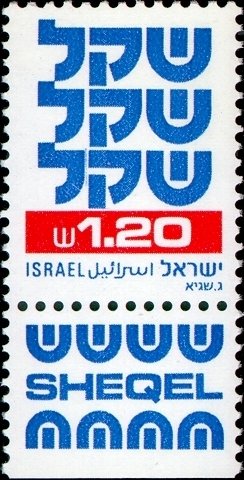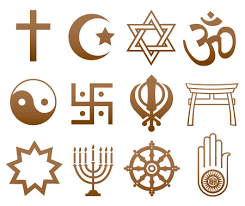Stamp: Standby Sheqel (Israel 1982)
Standby Sheqel (Israel 1982)
16 March (Israel ) within release Standby Sheqel goes into circulation Stamp Standby Sheqel face value 1.20 Israeli sheqel
| Stamp Standby Sheqel in catalogues | |
|---|---|
| Israel Philatelic Federation: | Isr:IL 883 |
| Michel: | Mi:IL 879 |
| Stamp Number: | Sn:IL 808 |
| Yvert et Tellier: | Yt:IL 827 |
Stamp is vertical format.
Also in the issue Standby Sheqel:
- Stamp - Standby Sheqel face value 1.20;
- Stamp with Collectible Margin - Standby Sheqel face value 1.20;
Stamp Standby Sheqel it reflects the thematic directions:
Agriculture is the cultivation and breeding of animals, plants and fungi for food, fiber, biofuel, medicinal plants and other products used to sustain and enhance human life.[1] Agriculture was the key development in the rise of sedentary human civilization, whereby farming of domesticated species created food surpluses that nurtured the development of civilization. The study of agriculture is known as agricultural science. The history of agriculture dates back thousands of years, and its development has been driven and defined by greatly different climates, cultures, and technologies. Industrial agriculture based on large-scale monoculture farming has become the dominant agricultural methodology.
Flora is the plant life occurring in a particular region or time, generally the naturally occurring or indigenous—native plant life. The corresponding term for animal life is fauna. Flora, fauna and other forms of life such as fungi are collectively referred to as biota. Sometimes bacteria and fungi are also referred to as flora, as in the terms gut flora or skin flora.
A symbol is a mark, sign, or word that indicates, signifies, or is understood as representing an idea, object, or relationship. Symbols allow people to go beyond what is known or seen by creating linkages between otherwise very different concepts and experiences. All communication (and data processing) is achieved through the use of symbols. Symbols take the form of words, sounds, gestures, ideas, or visual images and are used to convey other ideas and beliefs. For example, a red octagon is a common symbol for "STOP"; on maps, blue lines often represent rivers; and a red rose often symbolizes love and compassion. Numerals are symbols for numbers; letters of an alphabet may be symbols for certain phonemes; and personal names are symbols representing individuals.



